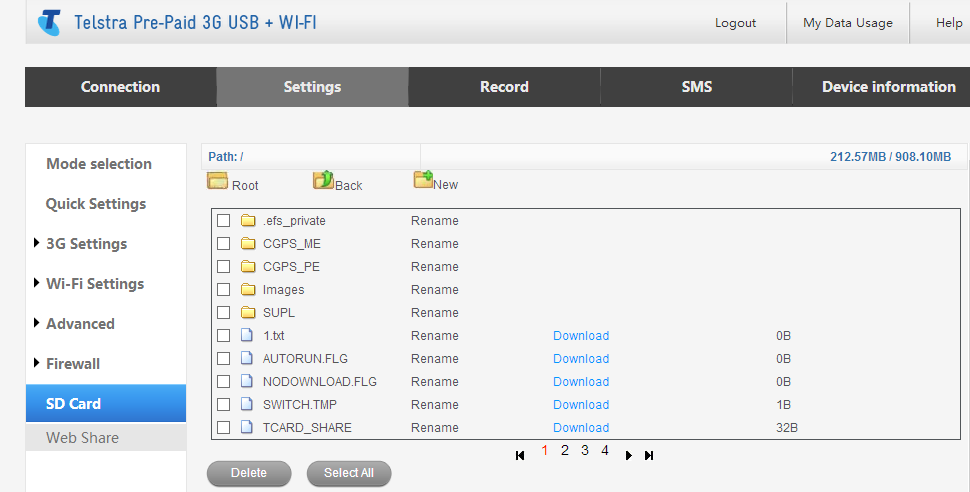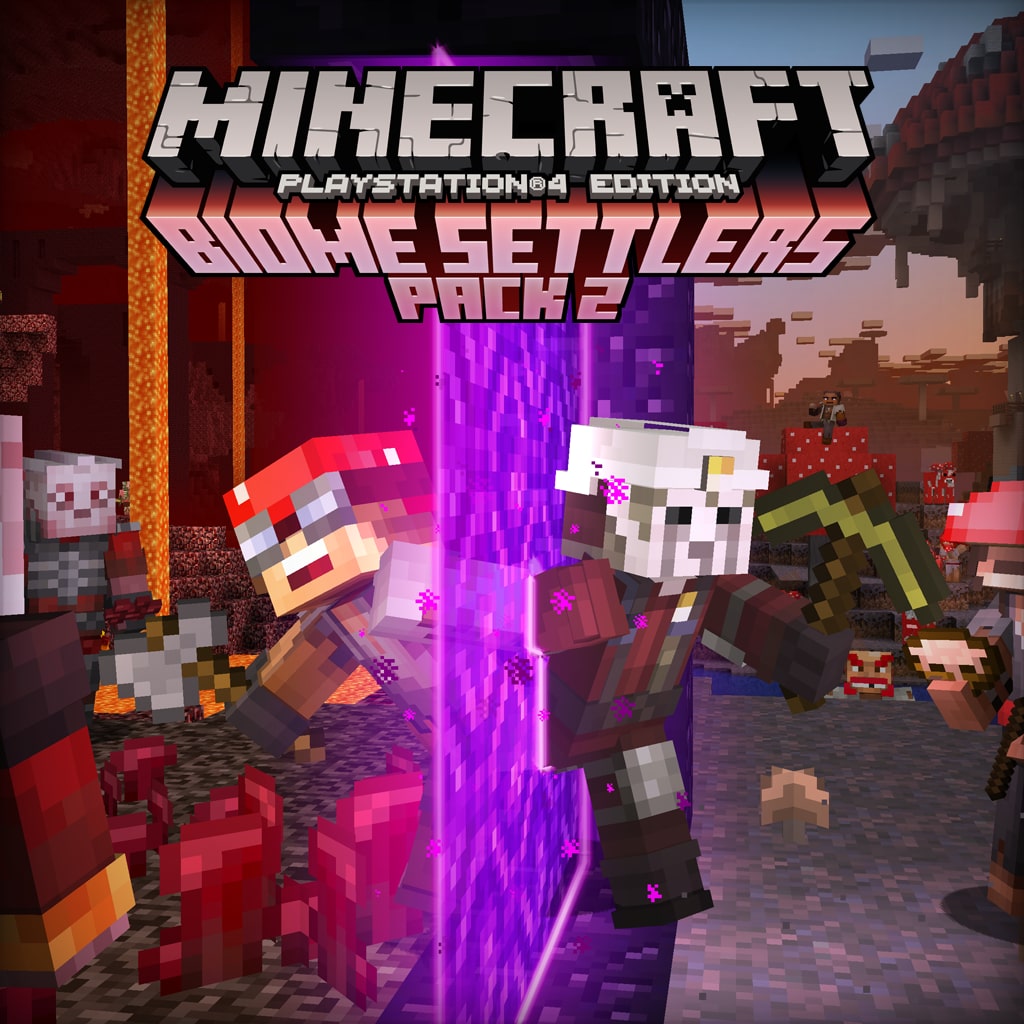

On a more subtle level, it is rarely sufficient to simply open up a topic for discussion and expect that natural conversation will be safe enough and inviting enough to draw out all the relevant input (not because meetings are inherently unsafe, but because not everyone processes ideas and is ready to articulate their thinking at the same pace, and because not everyone is equally comfortable speaking in front of the whole group). Not only should the facilitator always know where the group is at, but they should have a damn good idea about where the conversation is headed-and whether it will be a good thing to go there. That said, there are levels of subtleties. It's a skill set that most would think of of right away when asked what facilitators do. Let's examine them one at a time.Īt the most basic level this means hearing accurately what people are saying, and discerning what matters to them and why. You have to be able to manage content, and you have to be able to manage energy. In order to do great work, facilitators need to be able two master two core skills: Distinguishing Weird (But Benign) from Seductive (Yet Dangerous) Projecting Curiosity in the Presence of Disagreement Creating Durable Containers for Hard Conversations Semipermeable Membranes: Welcoming Passion While Limiting Aggression Developing Range: Holding the Reins Only as Tightly as the Horses Require Here are the headlines of what I'll cover in this series: They will all bear the header Key Facilitation Skills and it's a distillation of where I believe the heavy lifting is done.

Skills I consider to be both the hardest to master and the most potentįor producing productive meetings.
#Settlers 3 mushrooms series#
Taken all together, I've decided to assemble a series of blog posts on the facilitation

Which lessons have been the most challenging for As aįacilitation trainer the past 15 years, I've collected plenty of data about
#Settlers 3 mushrooms professional#
As a professional facilitator for more than three decades, I've hadĪmple opportunity to observe which skills make the most difference.


 0 kommentar(er)
0 kommentar(er)
